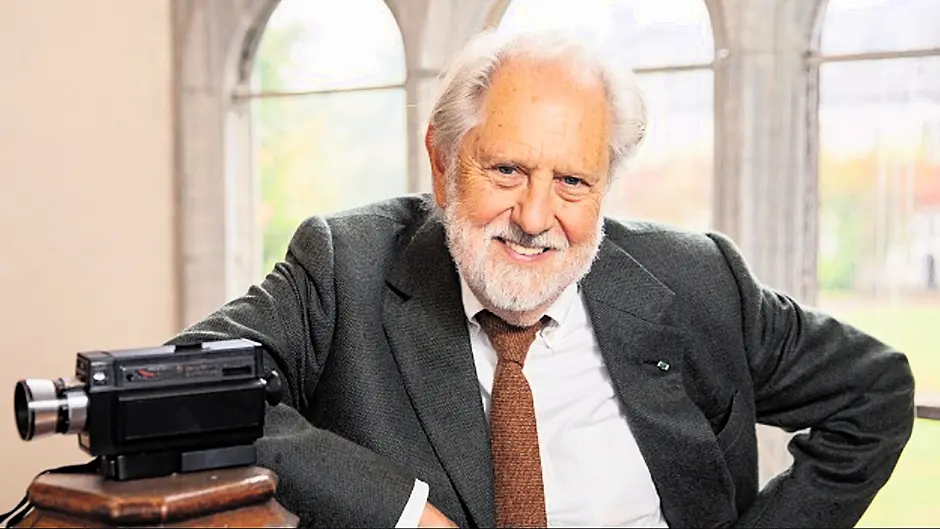EIGHT UCC students will get the opportunity to be mentored by Oscar-winning film producer and Skibbereen resident David Puttnam, after each being awarded a prestigious scholarship.
The Puttnam Scholarship programme at UCC supports the next generation of film-makers and creatives, offering students from any discipline the opportunity to work with and learn from the legendary producer of films including Chariots of Fire and Midnight Express.
A digital education pioneer, Lord David Puttnam launched the scholarship in collaboration with UCC’s College of Arts, Celtic Studies and Social Sciences back in 2018.
This year’s Puttnam Scholars come from a diverse range of academic backgrounds including Neuroscience, Youth & Community Work, Medicine, Creative Writing, Digital Humanities and Film & Screen Media.
The chosen scholars are: Geraldine Boyle (MA Film and Screen Media); Colette Forde (Youth and Community Work); Mahito Indi Henderson (MA Creative Writing); Harry McCann (Digital Humanities & Information Technology); Abnoos Mosleh-Shirazi (Medicine); Máire Murphy (Film and Screen Media; Ramish Qayyum (Neuroscience); Célem Roche Deegan (Film & Screen Media).
Lord Puttnam has described his involvement in the scholarship programme as ‘one of the most satisfying things I’ve done in my life.’
‘Being able to work with a small group of genuinely committed young people from a variety of disciplines offers an incredible opportunity to extend the breadth of my own experience, by plugging into the world as they see it, whilst adding value to the opportunities they regard as being within their grasp,’ Mr Puttnam said.
Dr Ciara Chambers, head of UCC’s department of film and screen media, added: ‘The successful recipients benefit from Lord Puttnam’s pioneering creativity and his vast experience in producing canonical films, advancing digital education, and policymaking on core issues like sustainability and democracy in the digital era.’









